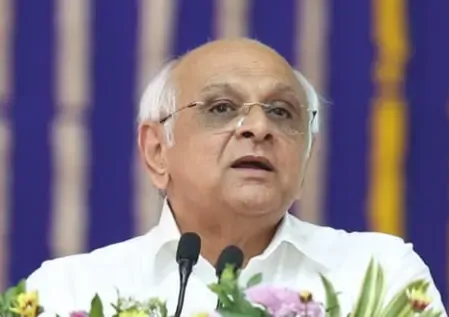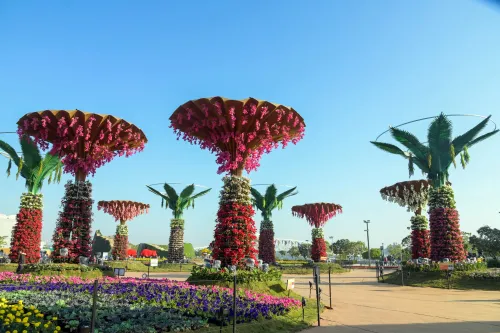How Are Mobile Health Units Benefiting Over 13.5 Lakh Citizens in Gujarat?

Synopsis
Key Takeaways
- Over 13.5 lakh citizens served by mobile health units.
- 137 mobile health units enhance healthcare access.
- Special focus on remote and underserved communities.
- Comprehensive services including antenatal care.
- Supported by strong government initiatives.
Ahmedabad, Nov 21 (NationPress) Over 13.5 lakh individuals in Gujarat have gained from the outpatient (OPD) services provided by the state's 137 mobile health–medical units. These units have emerged as vital resources, delivering essential healthcare to isolated and underprivileged regions.
Under the leadership of Chief Minister Bhupendra Patel and Health Minister Praful Pansheriya, this initiative guarantees that primary healthcare is accessible to the farthest corners of the state.
Considering Gujarat's varied geography, there are 102 mobile health units and 35 mobile medical units operational throughout the state, with 80 located in tribal areas, 23 in salt-pan (Agariya) regions, 11 in deserts, four in forests, and 19 in general rural settings.
As of September 2025, these units have collectively attended to over 13.5 lakh citizens through OPD consultations, performed lab tests on more than five lakh individuals, offered antenatal care to over 8,000 women, and detected more than 1,000 high-risk pregnancies.
Each mobile unit is stationed at a Primary Health Centre (PHC) to facilitate smooth coordination and timely service delivery.
The operations of these units are guided by action plans and established routes devised by PHC medical officers, Total Health Solutions, and Chief District Health Officers, enabling organized, reliable outreach tailored to local health needs.
These mobile units are crucial in enhancing grassroots healthcare accessibility across Gujarat.
Equipped with essential medical facilities, these specially designed vans deliver healthcare services directly to individuals in remote, tribal, desert, forest, and underserved rural regions where hospital access is limited.
Manned by medical officers and paramedics, these units provide basic OPD consultations, medications, lab tests, antenatal care, screening for high-risk cases, and health education.
By traveling along designated routes, they guarantee that primary healthcare—especially for vulnerable groups—reaches citizens at their homes, minimizing treatment delays and reinforcing last-mile health access state-wide.
Gujarat’s healthcare framework integrates a robust public infrastructure with the swift growth of specialized services, offering a comprehensive network of primary health centres, community health centres, district hospitals, medical colleges, and super-specialty institutions throughout the state.
The state government emphasizes last-mile healthcare delivery through initiatives like Mobile Health–Medical Units, 108 emergency services, maternal and child health programs, and digital health systems.
Urban centers like Ahmedabad, Vadodara, and Surat feature advanced private hospitals and research facilities, while significant public institutions such as the Gujarat Medical Education and Research Society and AIIMS Rajkot are enhancing tertiary care.
With ongoing investments in infrastructure, technology, disease surveillance, and workforce capacity, Gujarat continues to establish itself as a model for accessible, efficient, and proactive healthcare delivery.









